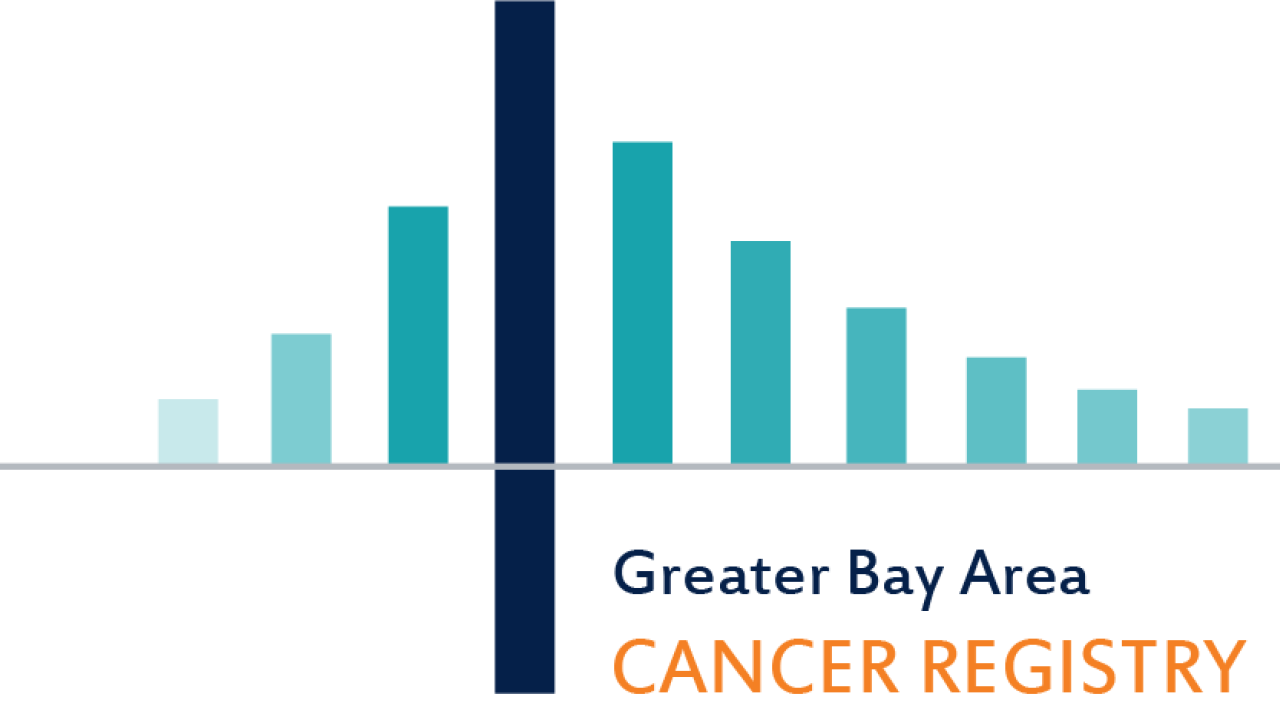
The Greater Bay Area Cancer Registry, which has been at the forefront of cancer data collection throughout the region for more than 40 years and has helped lead to improved state and national understanding of cancer, is moving its headquarters and management to UC San Francisco.
The registry, comprising 37 staff members, is being transferred from the Cancer Prevention Institute of California (CPIC), located in Fremont and Berkeley, which is disbanding as an independent cancer research institute.
The institute conducts essential monitoring of cancer occurrence and mortality in the Bay Area, gathering information about all cancers diagnosed or treated in the region and identifying the cancer burden and risk factors, as well as the impact of cancer control programs.
Click for FAQ about cancer registry data and how it is used for cancer research.
Registry data are collected from some 60 hospitals and more than 8,400 physicians, as well as radiation oncology centers and independent pathology laboratories, in nine counties: Alameda, Contra Costa, Marin, Monterey, San Benito, San Francisco, San Mateo, Santa Clara and Santa Cruz.
“The registry has always been a public resource and is widely used to document and track cancer burden in communities, to plan research programs and projects, and to address emerging research,” said Scarlett Lin Gomez, PhD, a UCSF professor and director of the Greater Bay Area Cancer Registry. “But with the registry now housed at UCSF, there is much greater potential for collaborations with UCSF researchers, to partner with scientists across the campus to fully leverage our population-based data towards the goal of reducing inequities across our diverse population.”
In systematically collecting cancer information throughout a region of more than 7 million people, the Greater Bay Area Cancer Registry (GBACR) has provided detailed evaluations of trends in cancer occurrence, including by meaningful tumor subtypes, and contributed significant ethnic diversity to the national cancer database, including populations disproportionately affected by cancer. The registry also has provided a data backbone for sophisticated analyses of regional cancer patterns, as well as numerous population-based regional and national studies, such as closely monitoring the historically high rates of breast cancer in Marin County and the rest of the Bay Area.
“Thanks to its mission, leadership and scientific rigor over four decades, Greater Bay Area Cancer Registry data underpin some of the key research milestones in our understanding of cancer incidence and outcomes,” said Alan Ashworth, PhD, FRS, president of the UCSF Helen Diller Family Comprehensive Cancer Center. “With our focus on precision public health, precision medicine and molecular biomarker research, UCSF is the right institution to lead and operate the GBACR as it evolves into areas of more complex surveillance.”
The Bay Area registry is one of the oldest in the nation, and since 1973, has been part of the National Cancer Institute’s Surveillance, Epidemiology and End Results (SEER) program, which monitors the cancer burden throughout the United States and supports cancer research.
Since 1988, the registry has been designated as a regional registry of the California Cancer Registry (CCR).
The UCSF Helen Diller Family Comprehensive Cancer Center and the UCSF Department of Epidemiology and Biostatistics will jointly manage the cancer registry. The same staff that managed the registry at CPIC will continue to manage the registry under UCSF.